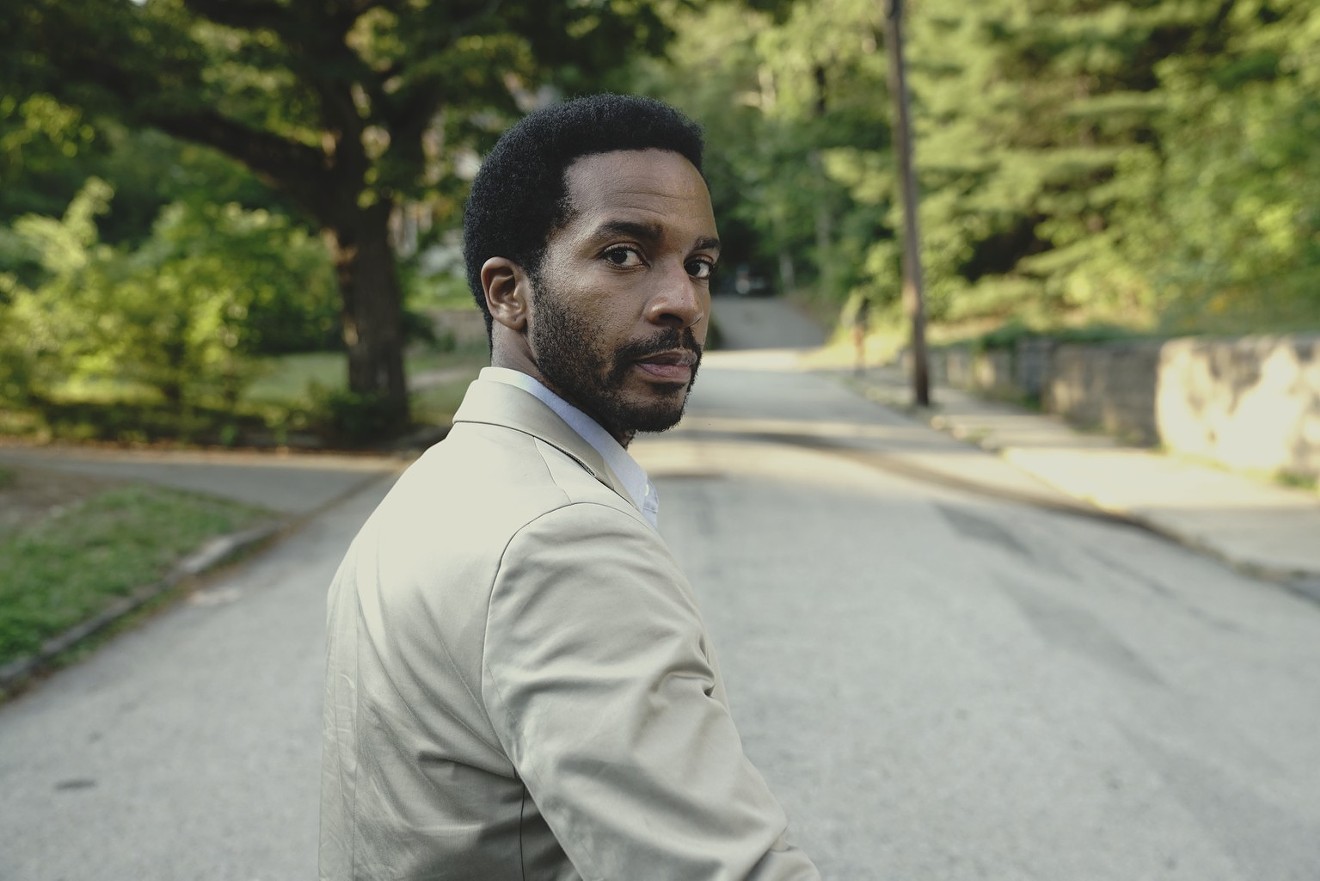Castle Rock premieres on Hulu on July 25In its first 10 minutes, Hulu’s horror-drama Castle Rock establishes itself as something of a Stephen King buffet, a comfort-food miniseries providing familiar, undistinguished fare that’s lightly spiced with proper nouns you might recall from earlier, better meals. Here’s Castle Rock, the small town haunted by the memory of horrors everyone politely agrees not to mention out loud, a miserable burg where the only jobs are at the local prison, Shawshank. (That name is lingered over in the pilot, a revelation.) Here’s the usual missing kid, searched for by the whole town, though this time — a twist! — he’s found safe and sound, before the prologue ends. Then cut to years later, witness a mordant suicide more Edward Gorey than gory, and find the brand new warden of ol’ Shawshank on her first day posing this immortal query to her idiot subordinates: “You’re telling me that my predecessor left an entire wing of this prison unoccupied for 30 years?”
Two minutes after that, of course, a pair of those subordinates are searching through the aquamarine gloom of abandoned Cell Block F with flashlights set not for “illumination” but “atmosphere.” I won’t spoil the precise nature of the inciting incident they discover there, but rest assured it sets off two standard King plots. First, just like the writer-protagonists of It and Salem’s Lot, that one-time missing kid must come back to town as a grown-up (now embodied, lucky dude, by André Holland) to face at last the evil that lurks in the backstory. Second: There’s something about light and dark, good and evil, “the devil himself” doing whatever it is the devil gets up to in unincorporated Maine townships.
So, yes, Castle Rock is more a King-flavored time killer (why, yes, the town does boast a psychic, played by the excellent Melanie Lynskey) than some grand statement of Kinglyness. It’s a thing to watch rather than something you can’t miss. The series subject is the slow revelation of precisely what kind of wickedness its protagonists are dealing with (and, in previous generations, have dealt with.) Perhaps out of some concern that their story is both routine and somewhat flimsy, the creators (led by Sam Shaw and Dustin Thomason, who wrote the series, and executive producer J.J. Abrams) make a sort of game out of shared-universe referentiality. They tease viewers with mention of the corpse found in Stand By Me (or King’s story The Body) or that a passing character’s last name is Torrance, just like in The Shining and Doctor Sleep. Rooting through Castle Rock for these truffles might divert the hard-core King faithful, but I found them scattershot and meaningless in a way common to Abrams projects, which often at their start survey full fields of seeds that never sprout into anything.
Based on the first four episodes, Castle Rock’s world is more like Trivial Pursuit: Stephen King Edition than a Yoknapatawpha County or even a continuation of King’s all-my-fictions-are-one epic, The Dark Tower. Knowing that the sheriff character played by Scott Glenn appears in King’s books Needful Things and The Dark Half doesn’t reveal the cop’s depths so much as suggest that this is how Maine sheriffs work in King stories.
But here’s credit where it’s due: You can tune that stuff out, and the presentation is often outstanding. Here, the creators apply the production values and cinematic storytelling of so-called “prestige TV” to pulp fare that is almost aggressively inconsequential. The cast is strong, though the actors don’t always get strong scenes; when they do, though, a couple of times per episode, Castle Rock clicks. Suddenly, you have to watch rather than fold your laundry. The best moments, as in King’s novels, tend to be those in which the uncanny infects the everyday. Lynskey’s character, a real estate agent who has seized on a doomed plan to revitalize Castle Rock, is sensitive to what’s happening in the minds around her, especially that of Holland’s character, Henry. His thoughts take over her brain like a migraine. She lurches amusingly from chipper booster of the failing downtown to a swearing, sneering woman who hides behind sunglasses — while live on the air at a local midday TV show.
The more traditional horror sequences are hit-or-miss. Until the climax of the fourth episode, a bravura bit of town-changing terror unfolding across a bank of security monitors, Castle Rock mostly keeps its scenes of overt suspense in dreams and flashbacks. The dreams, which mostly afflict Lynskey’s Molly, are cheap cheese, an excuse to offer up some jolts and clues in a narrative that is, in the first episodes, primarily about the people of today circling around whatever went down in the Castle Rock past. You can fold your clothes right through them. Much of the series comes down to scenes of men digging up dogs or dogs digging up men, and then veteran actors — Sissy Spacek — talking around what it all means.
Will it all mean something? I dunno. Castle Rock lacks the pop urgency of the previous Abrams/King TV project, 11.22.63, a series about now crashing into then rather than the other way around. But if it’s your taste in comfort food, you probably won’t regret it.












